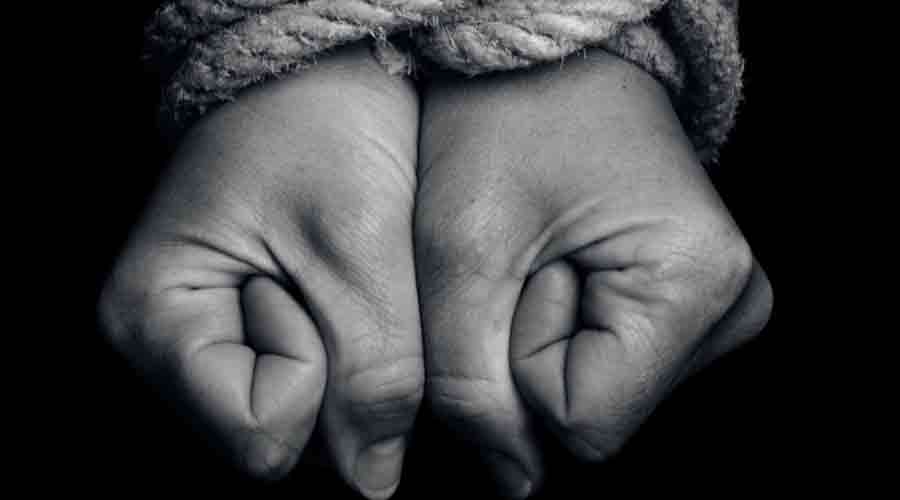Human trafficking is the act of removing, transferring or transporting an individual from one place to another by means of force, fraud, coercion, deception, abduction or payment for the purpose of exploitation. It may be for the purpose of commercial sexual exploitation, forced labour, forced marriage, domestic servitude, debt bondage, organ removal or begging.
In India, on being rescued, trafficked persons are either sent to institutionalized care settings such as shelter homes — especially if they are survivors of sex trafficking — or are sent home in cases of survivors of labour trafficking. But the child care institutions under the Ujjawala scheme and the Swadhar Greh shelter homes are inadequate when it comes to the rehabilitation of women and children. They lack adequate financial resources and skills to meet the basic needs of victims; nor do they contribute to the integration of the survivors with the community or with their families.
Moreover, long-term institutionalization is ineffective for a number of reasons. It adversely affects the mental health of survivors, leading to re-victimization. In-house counsellors are not skilled to provide support to survivors, most of whom suffer from dysthymia, a condition of chronic anxiety and depression, the consequence of undiagnosed post-traumatic stress disorder. The vocational training provided in shelter homes are not linked to the job market. The news of sexual abuse in shelter homes in Bihar and Uttar Pradesh also raise questions whether long-term institutional rehabilitation is effective in improving the lives of survivors.
Once survivors are released from institutional shelters, how does the State help in their reintegration? Are they equipped to battle the stigma and the internal shame associated with being trafficked? How does the State guarantee the rights and entitlements of survivors as citizens? What kind of services are survivors provided with to rebuild their lives?
The way out of the prevailing challenges is to pave the path for community-based rehabilitation. CBR, which emerged as a term from WHO’s response of care for persons with disability in the late 1970s, endorses a decentralized system of care and support for rehabilitation. When applied to survivors of trafficking, CBR would involve multi-directional efforts from governmental and non-governmental organizations as well as from the survivors themselves along with their families or peers.
Even though CBR is practised by NGOs around the world, it is not embedded as a concept in any State rehabilitation policy, creating barriers for survivors to claim their rights. Studies on CBR as well as on shelter home rehabilitation have shown that both models have shortcomings, meaning that neither is replaceable by the other.
Institutional forms of rehabilitation also have their own merits. They act as a suitable transition harbour between rescue and community reintegration and become especially important in cases where the families of the survivors have been complicit in their trafficking. However, this kind of institutionalization becomes detrimental when it becomes prolonged.
Survivors of trafficking have raised their demands for CBR since the introduction of the trafficking in persons (prevention, care and rehabilitation) bill, 2021. The first all-India federation of survivors of trafficking and sex workers from marginalized communities, the Indian Leadership Forum Against Trafficking, has advocated the inclusion of CBR in the bill.
It is essential that the voices of survivors of trafficking are listened to and prioritized in the drafting and the passing of legislations that seek to support them. An equal and rights-based approach towards combating trafficking and rehabilitating its survivors is possible only through collaborative discussions.
Anwesha Chatterjee is a social worker










